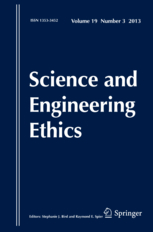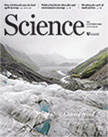 DNA and Cell Biology has declared it will ban any authors who submit plagiarized manuscripts for three years, and will no longer accept suggestions of reviewers with non-institutional email addresses.
DNA and Cell Biology has declared it will ban any authors who submit plagiarized manuscripts for three years, and will no longer accept suggestions of reviewers with non-institutional email addresses.
The move comes after a wave of hundreds of retractions stemming from fake peer reviews, often occurring when authors supply fake emails for suggested reviewers.
In an editorial published online October 23, editor Carol Shoshkes Reiss notes that the decision to ban authors who plagiarize material stems from a rash of recent submissions containing overlapping text: Continue reading Biology journal bans plagiarizers, reviewers with non-institutional email addresses








